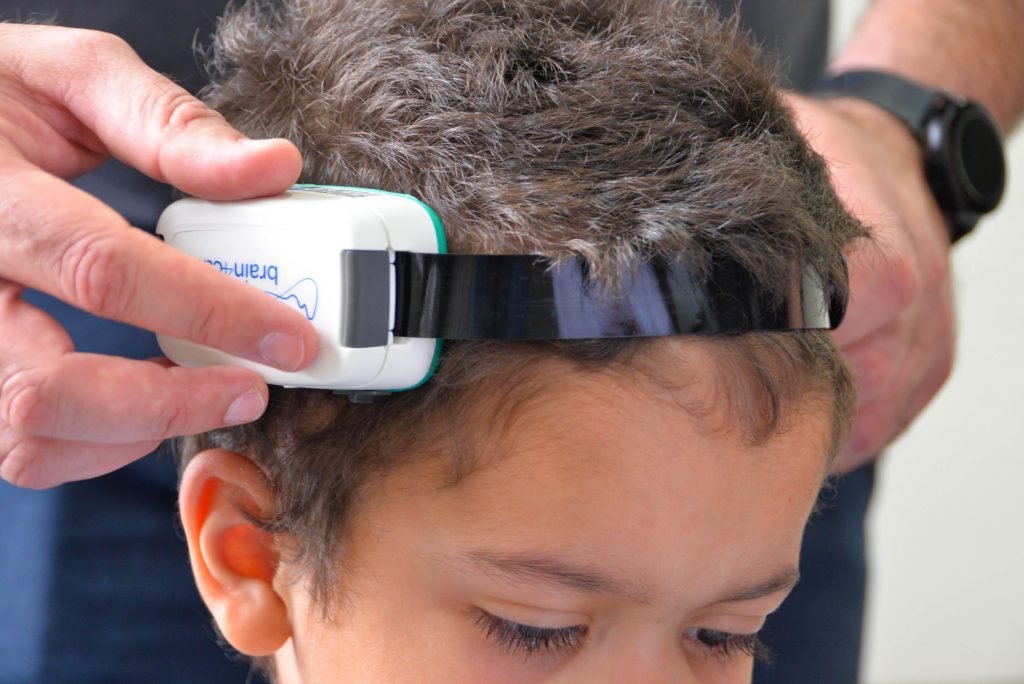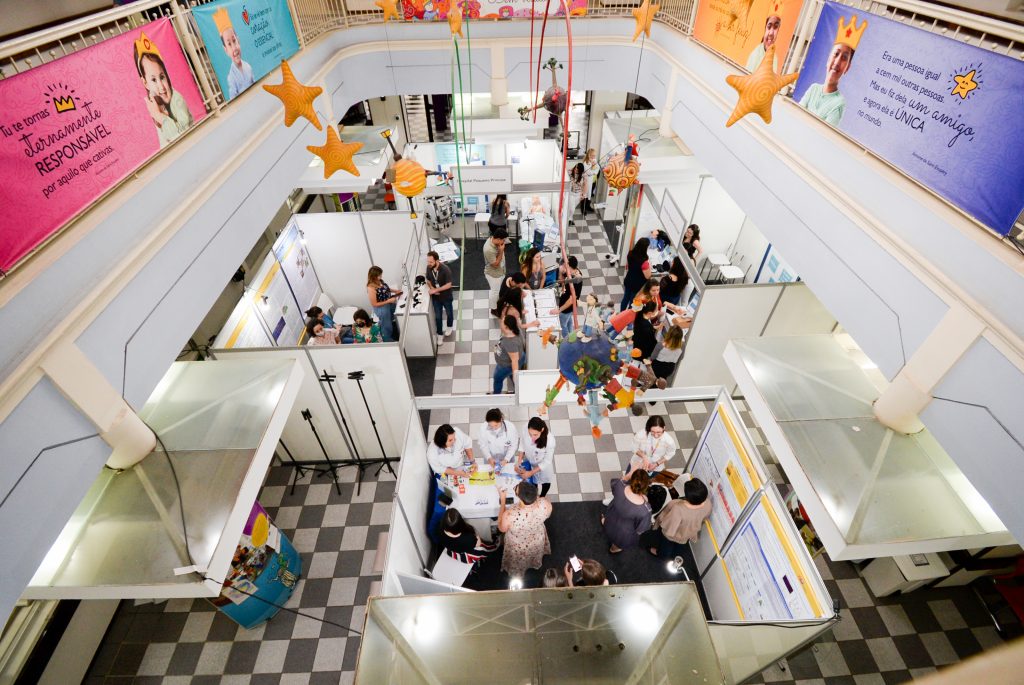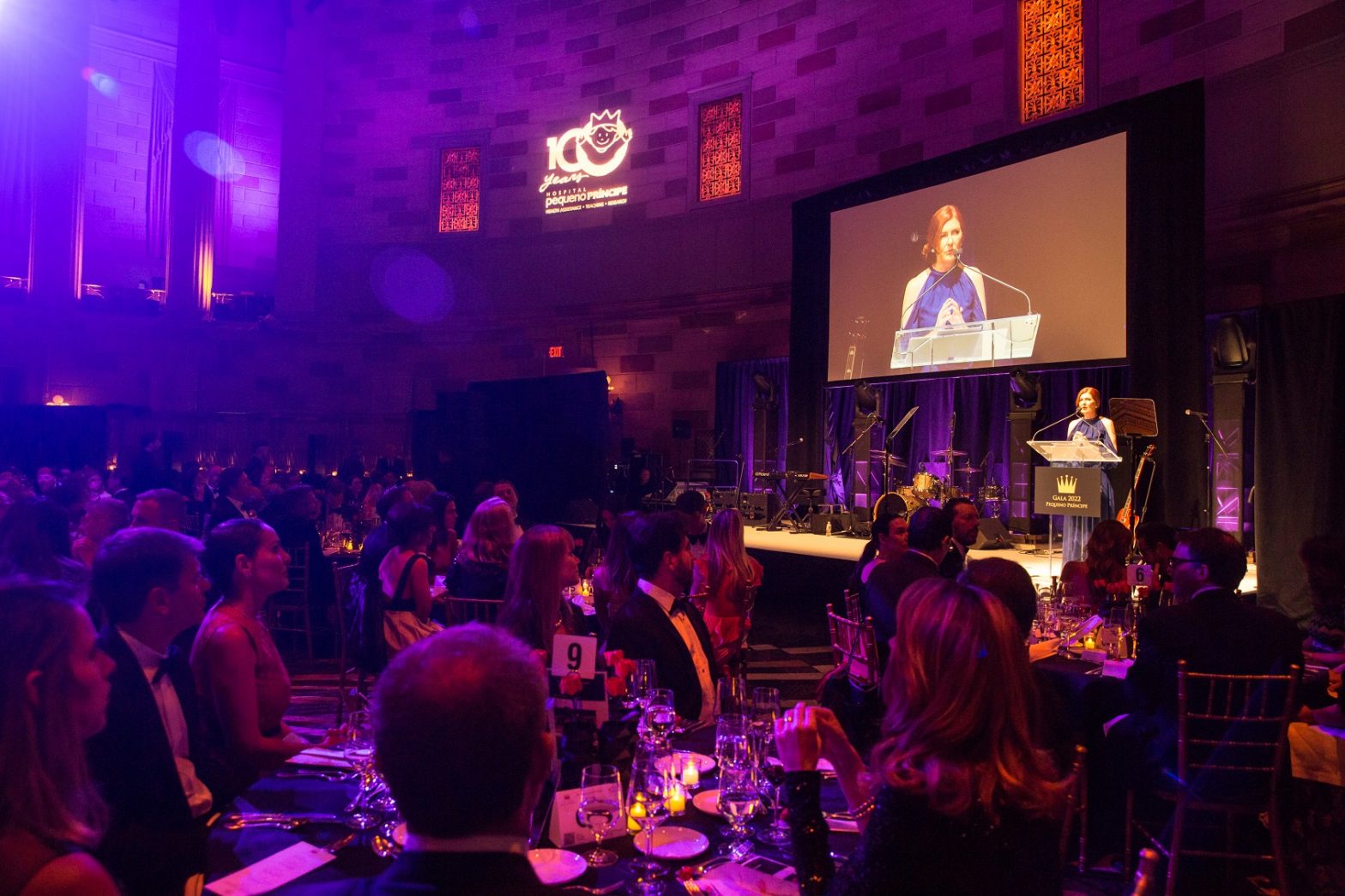With a falling budget, investing in research in Brazil is a challenge
In 2021, Pequeno Príncipe allocated 4.6% of its revenue to research because it believes that science is the way to advance knowledge
Doing research in Brazil is a great challenge. With a constant reduction in public investments destined to the scientific area, the country saw its budget in 2021 return to the levels of 12 years ago. Today, Brazil allocates around 1.2% of its Gross Domestic Product (GDP) to science, while countries like China, Germany and the United States invest more than 3%.

“Despite these discouraging numbers, Brazil ranks 13th in the number of scientific articles published. This demonstrates the great resilience and creativity of Brazilian scientists – who, despite all the difficulties, have made solid contributions to the advancement of knowledge in the world,” reflects the scientific director of the Pelé Pequeno Príncipe Research Institute, Bonald Cavalcante de Figueiredo.
The executive director of the Pequeno Príncipe Hospital, Ety Cristina Forte Carneiro, recalls that “16 years ago, the Pequeno Príncipe Complex formalized its investments in research by creating the Institute because it believes that science is the way to find innovative solutions for the most diverse areas, especially in child and adolescent health”. And, to keep the Institute active, Pequeno Príncipe invested 4.6% of its revenue in it during 2021. “These investments have been possible because we have the support of society,” she explains.

Science, technology and innovation
In addition to the Research Institute, in 2020, Pequeno Príncipe implemented its Innovation Office, which operates on four fronts: innovation culture; open innovation; intellectual property and technology transfer; and innovation events and networks.
Among the office’s initiatives is the organization of a special program to celebrate the Brazilian National Month of Science, Technology and Innovation, which happens in Brazil during the month of October. One of the highlights of this year’s program is the Pequeno Príncipe Exhibition of Science, Technology and Innovation, which shared with employees the innovations that are already in use at the institution.
Please check the main highlights:
- brain4care: non-invasive sensor used to monitor intracranial pressure and brain compliance.
- TytoCare: a very high precision device that allows to perform several physical exams remotely, ensuring accurate and safe diagnoses.
- High fidelity dolls: devices that simulate the patient with various physical characteristics with high fidelity in relation to reality, used in the training of teams.
- VeinViewer: visualizer of peripheral veins by means of an infrared light, used to increase the assertiveness of peripheral venous puncture in the first attempts, reducing the patient’s painful experience.
- Ultrasound for venipuncture: equipment for visualization and guided puncture of deep veins in the placement of peripherally inserted central catheter.
- ECMO: equipment that oxygenates the patient through an extracorporeal membrane, reducing the overload on the heart and lungs.
- Virtual reality glasses: device with 3D graphics or 360ᵒ images that creates the sensation of presence in a virtual environment different from the real one. Used to distract patients during painful procedures, reducing stress, anxiety and pain.
- 3D printer of orthotics and anatomical models: device for printing a three-dimensional model that assists in the planning of surgeries.
More
Pequeno Príncipe Interventional Radiology performs unprecedented surgery in Brazil
The minimally invasive procedure restored a 7-year-old patient’s eye, preventing her from losing her sight
After two years, Pequeno Príncipe Gala is held in person once again
Held on October 14th in New York, the 12th edition of the event brought together 260 supporters of the institution, raised a total of US$ 876,950.00, and was marked by the emotion of the reunions









